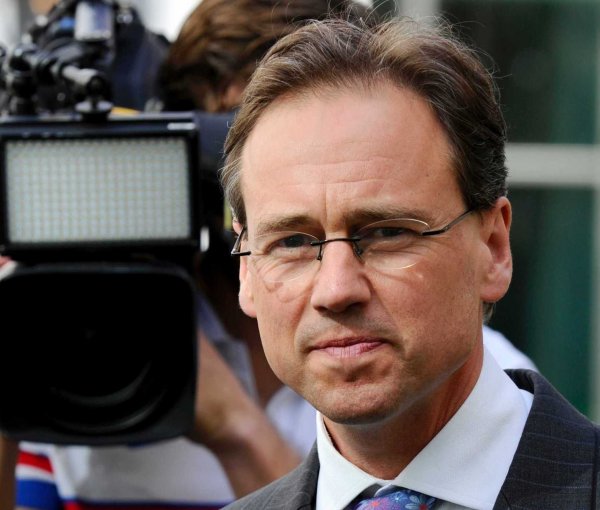Speculation is building ahead of an announcement by health minister Greg Hunt on private health insurance premium increases.
Mr Hunt, who will shortly announced the increases to take effect on 1 April, has said they will likely be below four per cent, the lowest in around 15 years, coming on the back of a raft of reforms announced last year.
The reforms included price cuts to prostheses, which insurers have committed to pass on in full to consumers.
Premiums have risen at an average annual rate of 4-5 per cent over the past decade. Government spending on Medicare has risen at an average annual rate of over 5 per cent this decade, while spending on public hospitals has increased by an average annual rate of almost 7 per cent.
According to Dr Rachel David, CEO of Private Healthcare Australia, speaking on Adelaide radio, "Well look, in terms of the premium increases, we understand that people are worried about this because household incomes haven’t really increased since about 2010.
"What it’s about is that we’re actually paying for more and more healthcare every year. So for example, in the last year, we paid for an extra 23,000 admissions for chemotherapy for cancer; for example, 4500 more cataracts, which are artificial lenses which are given to people going blind from cataracts. An extra 14,000 treatments for stroke, an extra 4500 treatments for mental health admissions. So, as a result of this, health costs do go up higher than CPI and that’s also something that’s felt by the public hospital system as well, as their funding goes up by about 6.5 to 8 per cent every year."
Dr David said people should review their health insurance to ensure it matches their life stage.
"Increasingly because of affordability concerns, health funds are tailoring their products to meet certain life stage requirements," she said. "And it is important that people review that, particularly as they get older. And for example, younger people will need cover for mental health because that’s the biggest reason why young people need to go into hospital. People in mid-life are likely to need cover for pregnancy and child birth-related issues, and older people for issues like joint replacement, lens replacement and cancer. So it’s important that people do check that out to make sure they are not paying for things that perhaps they won’t need."
Dr David also backed a review of the current Medicare levy surcharge to ensure it "keeps ahead of health fund costs and the premium costs."
In its 2018-19 pre-Budget submission, Bupa recommended government 'rebase' the surcharge, which applies to people based on family circumstances and income, "so it provides a stronger incentive for those who can afford to contribute to the costs of their healthcare to do so."
